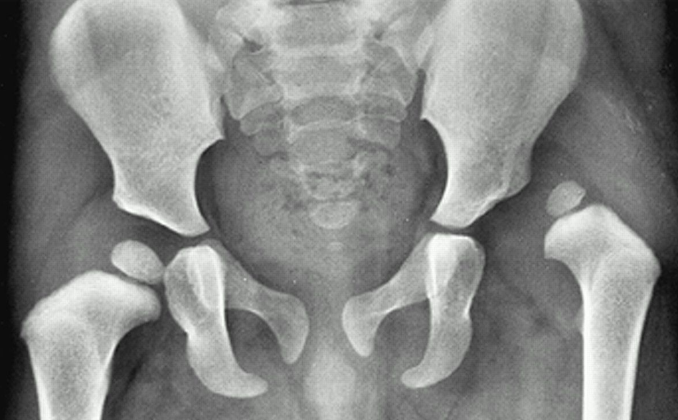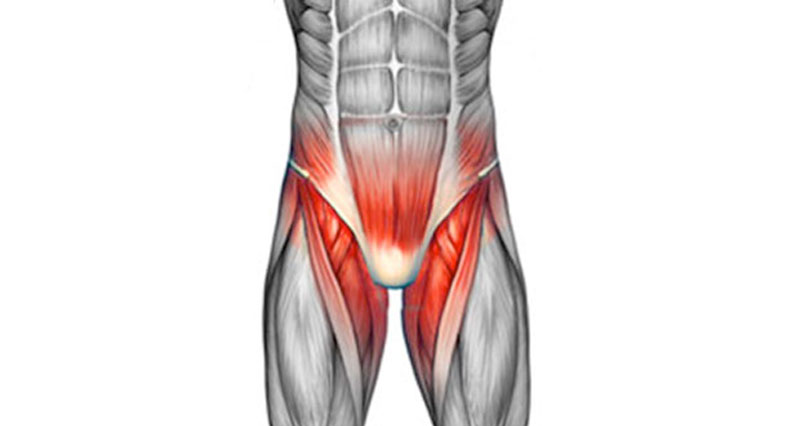
- Developmental Delays:
- Physiotherapists work with children who may experience delays in motor skills development, including crawling, walking, or other milestones.
- Cerebral Palsy:
- Physiotherapy plays a crucial role in managing and improving the mobility and function of children with cerebral palsy, a group of disorders affecting movement and posture.

- Neuromuscular Disorders:
- Conditions such as muscular dystrophy or spina bifida can benefit from physiotherapy to maintain or improve muscle strength and function.
- Orthopedic Conditions:
- Children may present with orthopedic issues like congenital anomalies, fractures, or post-surgical rehabilitation, which physiotherapists can address.
- Sports Injuries:
- Physiotherapy is involved in the rehabilitation of sports-related injuries in children, helping them recover and preventing future issues.
- Autism Spectrum Disorders (ASD):
- Physiotherapists might work with children on the autism spectrum to address coordination, balance, and sensory processing challenges.
- Down Syndrome:
- Physiotherapy is often part of a comprehensive approach for children with Down syndrome to improve muscle tone, strength, and motor skills.
- Torticollis and Plagiocephaly:
- Physiotherapists can assist with conditions like torticollis (tightening of neck muscles) and plagiocephaly (flat head syndrome) in infants.
- Genetic Disorders:
- Children with genetic disorders that impact physical development may benefit from physiotherapy interventions.
- Juvenile Idiopathic Arthritis (JIA):
- For children with arthritis, physiotherapy can be a valuable component of managing pain and maintaining joint function.
- Respiratory Conditions:
- Physiotherapists may assist in managing respiratory conditions such as asthma or cystic fibrosis through breathing exercises and airway clearance techniques.
- Postural Issues:
- Addressing postural problems early in childhood can prevent long-term musculoskeletal issues, and physiotherapists play a role in this.
- Speech and Language Disorders:
- While not traditionally associated with physiotherapy, some clinics may offer holistic care, including speech therapy for children with communication disorders.
- Pain Management:
- Children experiencing chronic pain conditions, such as juvenile fibromyalgia, may benefit from physiotherapy interventions.
- Injury Prevention:
- Physiotherapists may provide guidance on preventing injuries, especially in active children involved in sports or recreational activities.
Pediatric physiotherapy is highly specialized and involves collaboration with other healthcare professionals, parents, and educators. The focus is often on creating tailored rehabilitation plans that consider the unique needs and developmental stages of each child. If you’re interested in services specific to “Smile Again Physiotherapy Clinic,” I recommend contacting the clinic directly for detailed and updated information.



